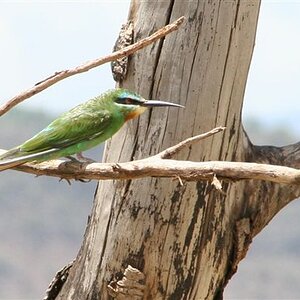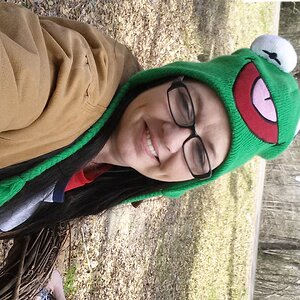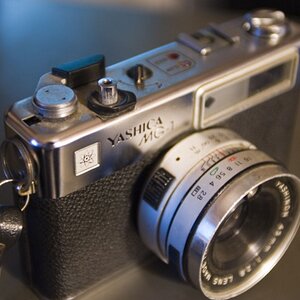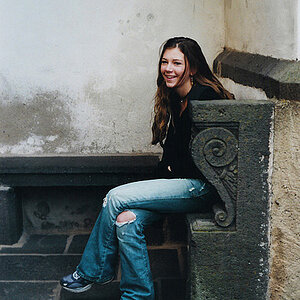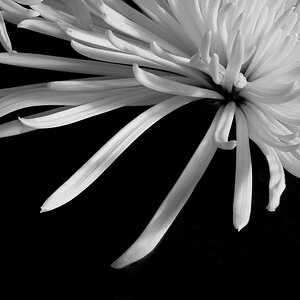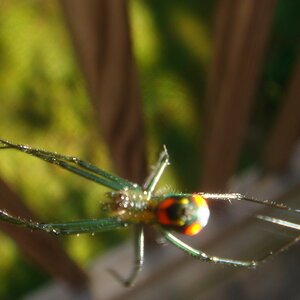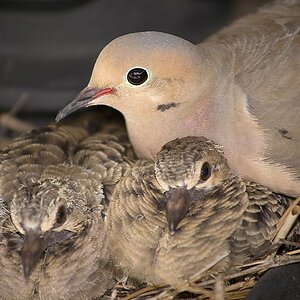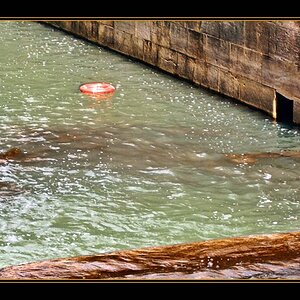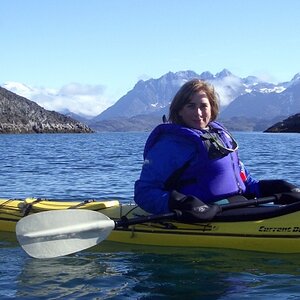iamthepip
TPF Noob!
- Joined
- Apr 2, 2010
- Messages
- 41
- Reaction score
- 0
- Location
- West Coast
- Can others edit my Photos
- Photos OK to edit
yup practice makes perfect. you can have all the best gear in the world for what ever your into but that doesnt make you great.. this is something i to have had to learn over and over again.. do dont be too upset just get back out there and keep taking photos




